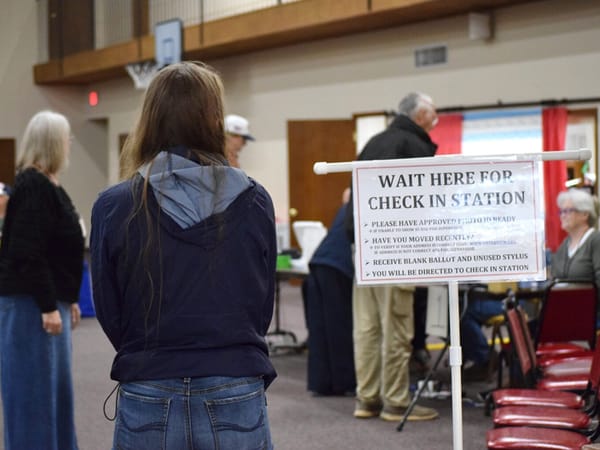The Secret Bidding War for Arkansas’s Digital Gold Rush
Explore Arkansas’s secretive negotiations to secure billion dollar data centers in Little Rock and Conway, including tax concessions, economic impacts, and public concerns.

Arkansas is poised to host one of the largest economic development projects in its history: a one billion dollar data center planned for Little Rock and Conway. According to the reports, local officials are quietly moving to make this ambitious project a reality. Little Rock has already approved key measures, including annexation and rezoning, with Conway quickly following suit.
While large-scale projects like this are often publicly celebrated by politicians, the negotiations for these data centers are happening behind closed doors under the code name “Project Boar.” Every gold rush, it seems, comes with a measure of secrecy.
Major Concessions to Secure the Project
Local authorities are making major concessions to secure the project. Both cities have agreed to forgo two thirds of the property tax revenue for the next thirty years. They have also promised to extend the tax break to any future expansions, meaning the subsidies could stretch well past 2050.
Despite these concerns, officials remain optimistic that the long-term economic gains will outweigh the generous concessions. Part of the lost tax revenue could be recouped through franchise fees linked to the substantial electricity demands of the proposed data centers. Utilities such as Entergy Arkansas and Conway Corporation, the city’s municipal utility, are also expected to benefit.
In late April, the Little Rock Board of Directors held a special meeting to approve a memorandum of understanding with Willowbend Capital, acting on behalf of a confidential data center owner. The agreement lays the groundwork for a 300,000 square foot facility at the Port of Little Rock, supported by a one billion dollar investment and expected to create fifty jobs.
Just weeks earlier, Conway’s City Council approved a similar agreement with Forgelight Ventures, also representing an unnamed company. The proposed facility mirrors Little Rock’s in both size and scope, with plans for a one billion dollar investment and fifty jobs at a site along the Arkansas River on Lollie Road.
Both cities have approved nearly identical proposals, each offering a 300,000 square foot facility, fifty jobs, and 65 percent of property taxes waived for the next thirty years. These benefits are guaranteed for any future expansions, locking in subsidies well beyond 2050.
Questions About Fairness and Transparency
Public concerns are mounting over whether the public is getting a fair deal. Several studies suggest that the long term costs of building and maintaining infrastructure for such facilities can outweigh the benefits, particularly when companies fail to deliver on promised economic gains, a scenario that occurs more often than officials anticipate.
There are also concerns that companies may stage fake bidding wars to extract larger concessions from cities they already plan to select. Because negotiations are kept secret, the public and sometimes even local leaders are left in the dark, unable to assess whether these tactics are being used.
Environmental concerns add an additional layer of skepticism. Data centers require massive amounts of energy, prompting questions about long-term sustainability and their impact on the climate.
Balancing Opportunity and Risk
Attracting new investments is undeniably a valid goal for any city, but the debate is over how that pursuit is carried out. Should it happen behind closed doors, with decades of tax breaks for projects that the public was never allowed to question? Are cities jumping into the race simply because their neighbors are doing the same?
While Arkansas’s digital gold rush offers the promise of economic growth, it carries significant risks, much like every gold rush.





